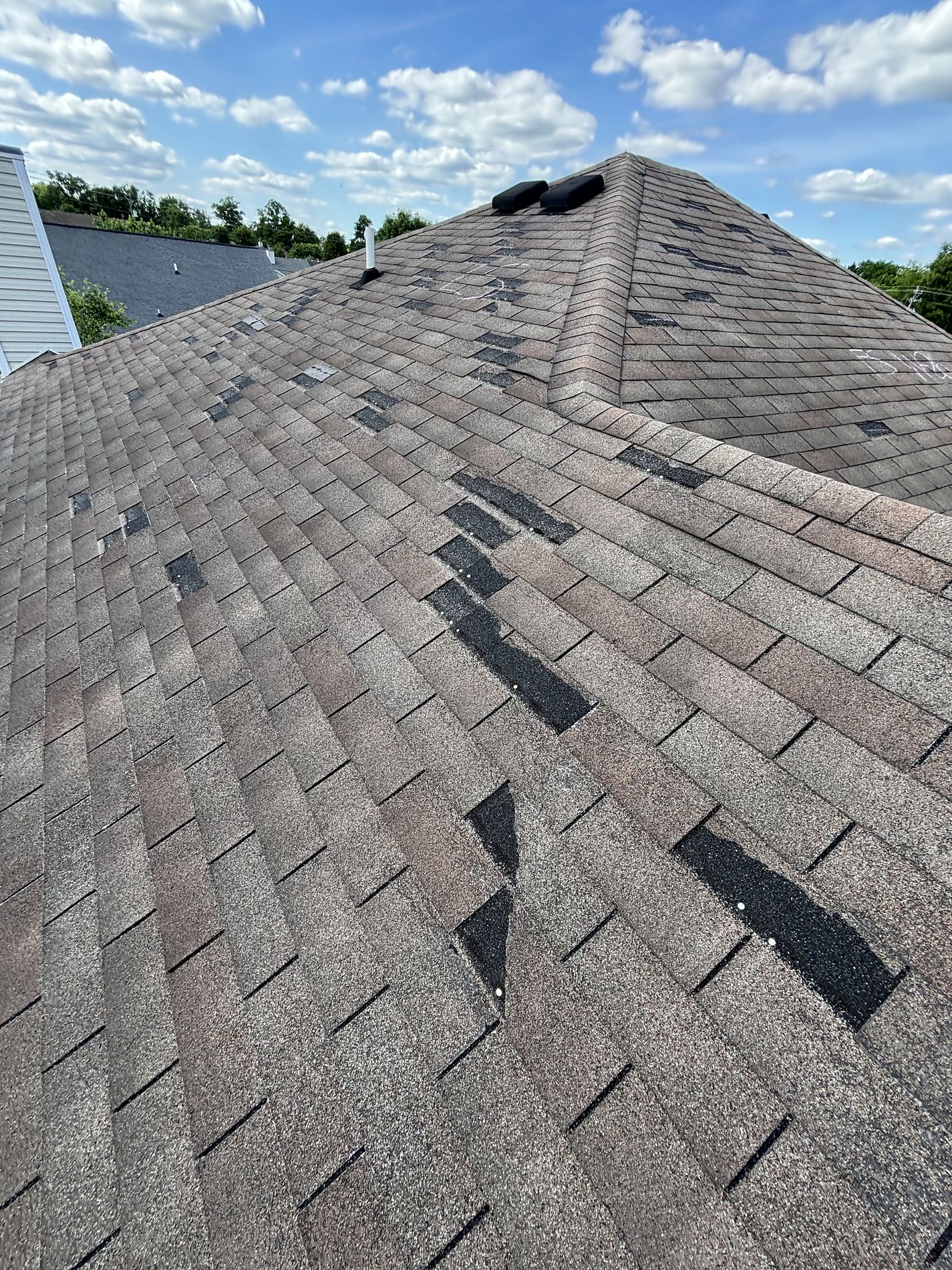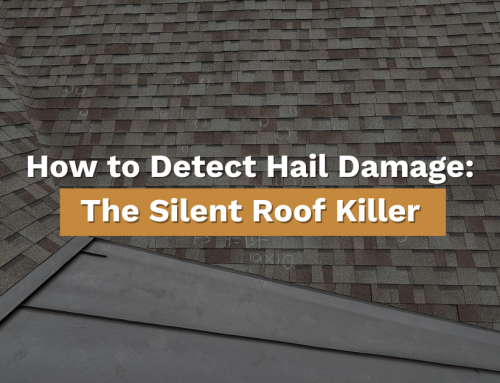
What you will find in this article: As a business owner or property manager, maintaining the integrity of your commercial building is essential, and your roof plays a critical role in this. Knowing whether your roof needs repair or a full replacement can save you money and prevent further issues. In this guide, we outline key signs that indicate whether your roof requires repair—such as minor leaks, damaged shingles, or flashing issues—or if a full replacement is necessary due to extensive water damage, the roof’s age, or severe storm damage. Making the right decision ensures the safety and efficiency of your property.
How to know whether to replace or repair your roof?
As a business owner or property manager, maintaining your commercial building is crucial for ensuring the safety and comfort of your tenants, employees, and customers. One of the most significant components of your building is the roof, and knowing when to repair or replace it can save you money and prevent further damage. In this guide, we’ll explore the signs that indicate whether your commercial roof needs repair or replacement and offer insights into making the best decision for your property.
Signs Your Roof Needs Repair
- Minor Leaks and Water Damage: Small leaks or localized water damage can often be addressed with targeted repairs. Regular inspections can catch these issues early before they escalate into more significant problems.
- Damaged or Missing Shingles: A repair may suffice if your roof has a few damaged or missing shingles. This is especially true if the damage is confined to a small area.
- Flashing Issues: Flashing around vents, chimneys, and skylights can deteriorate over time, leading to leaks. Replacing or repairing the flashing can resolve these issues without needing a full roof replacement.
- Ponding Water: Flat roofs are prone to ponding water, which can cause leaks and structural damage. If addressed promptly, repairs can prevent further issues.
- Mild Wear and Tear: General wear and tear from weather and time may only require repairs if the overall roof structure is still sound.
Signs Your Roof Needs Replacing
- Extensive Water Damage: If water damage is widespread, affecting the underlying structure and insulation, a roof replacement is likely necessary to ensure the building’s integrity.
- Age of the Roof: Commercial roofs typically have a lifespan of 20-30 years. If your roof is nearing or exceeding this age, it’s time to consider a replacement to avoid frequent repairs and potential failure.
- Severe Storm Damage: After a severe storm, assess your roof for significant damage. If large sections are compromised or if there are multiple issues, replacement might be more cost-effective.
- Multiple Repairs Needed: When your roof requires frequent repairs, investing in a new roof might be more economical in the long run rather than continually patching up problems.
- Energy Inefficiency: Older roofs may not be as energy-efficient as newer ones. If you notice rising energy costs, a roof replacement with modern materials can improve insulation and reduce energy expenses.
Factors to Consider When Deciding
- Cost Analysis: Compare the costs of repair versus replacement. While repairs are cheaper initially, repeated repairs can add up, making a replacement more economical.
- Disruption to Operations: Consider how the work will impact your business operations. Roof repairs are usually quicker and less disruptive than a full replacement.
- Long-Term Plans: If you plan to sell or lease the property soon, a new roof can increase its value and appeal to potential buyers or tenants.
- Building Codes and Regulations: Ensure any work complies with local building codes. Sometimes, extensive repairs may trigger the need for a full replacement to meet current standards.
Conclusion
Deciding whether to repair or replace your commercial roof is a significant decision that impacts your building’s safety, efficiency, and value. Regular inspections and maintenance are essential to catch issues early and extend the life of your roof. When in doubt, consult with a professional roofing contractor who can provide expert advice tailored to your specific situation.







